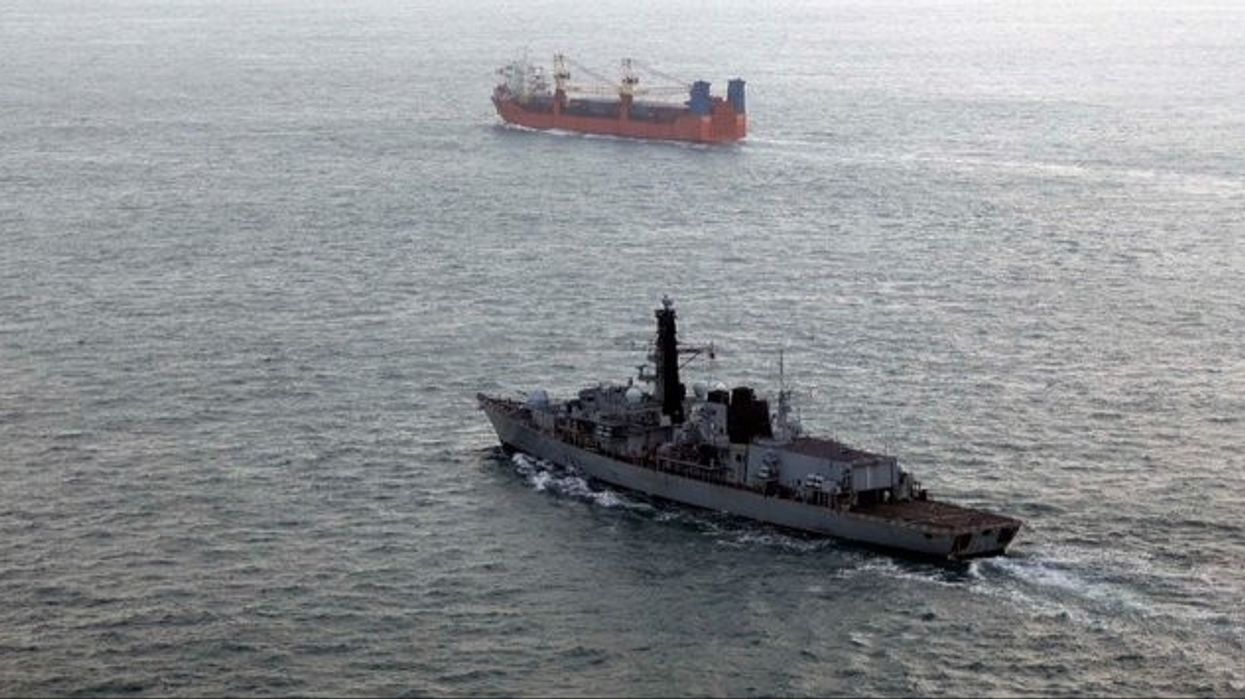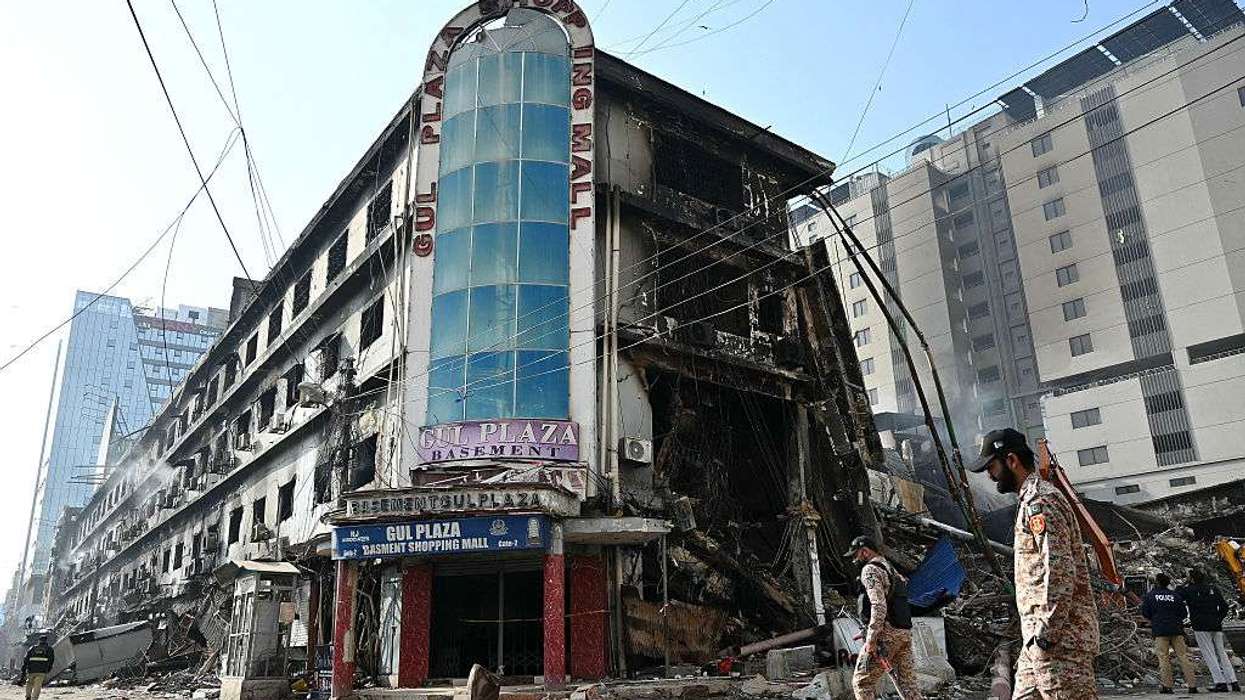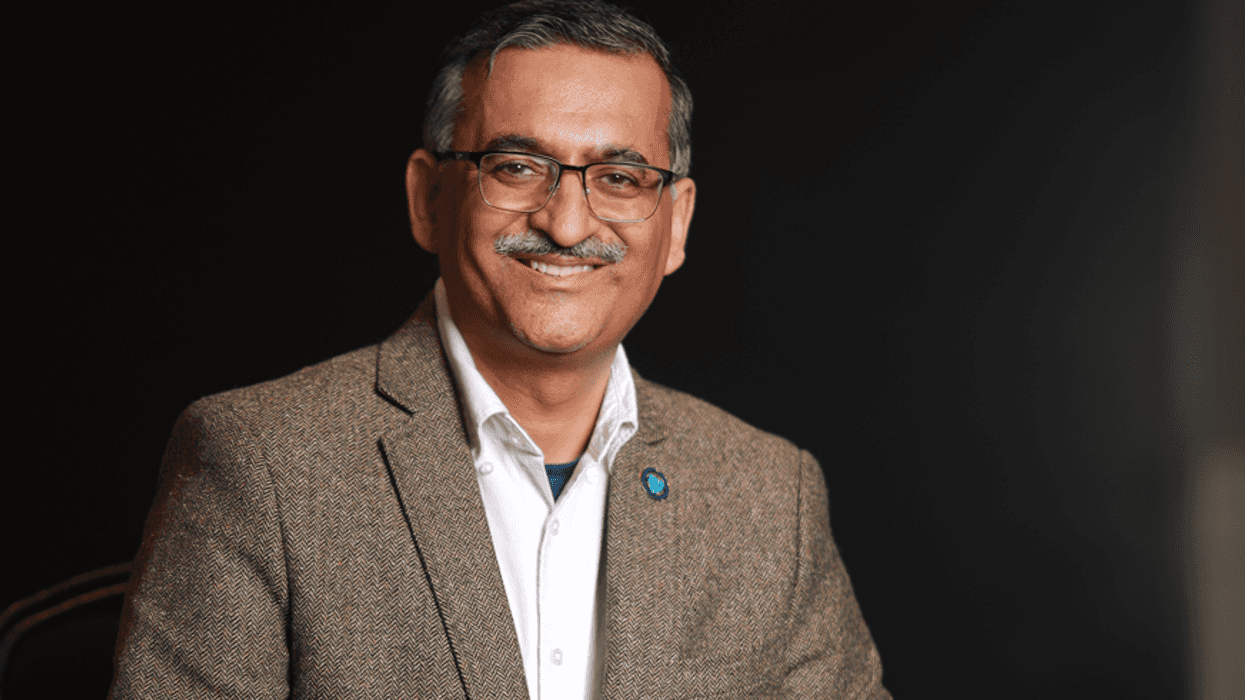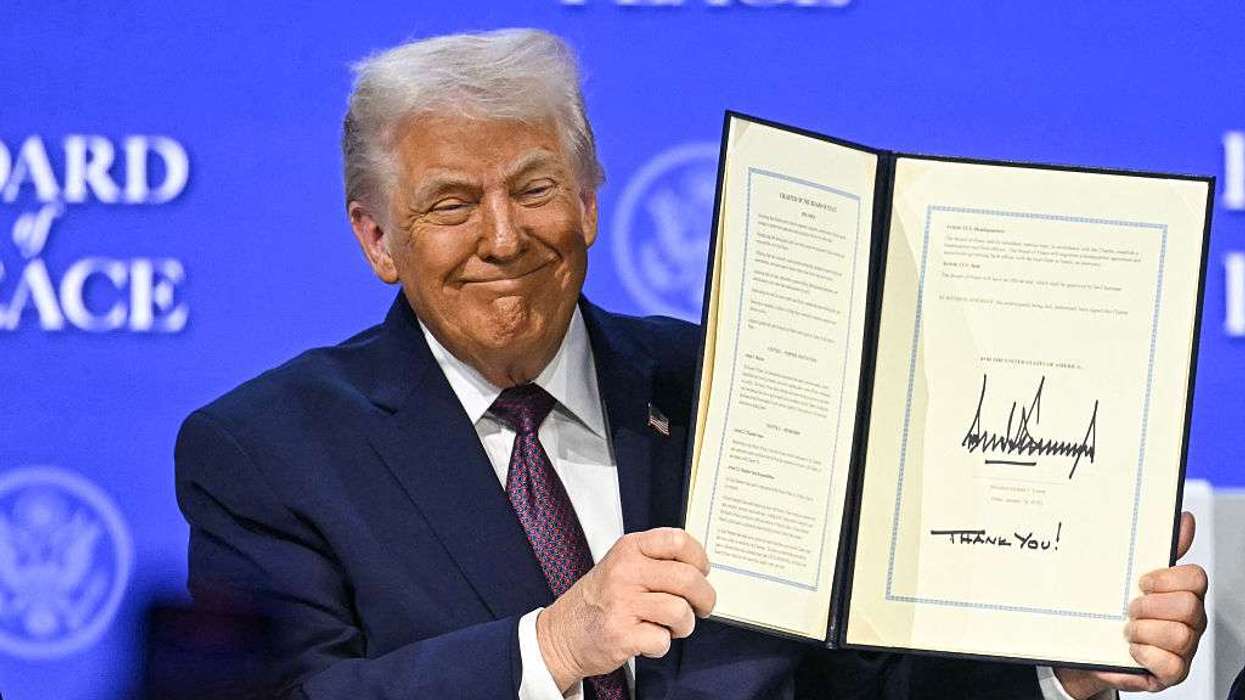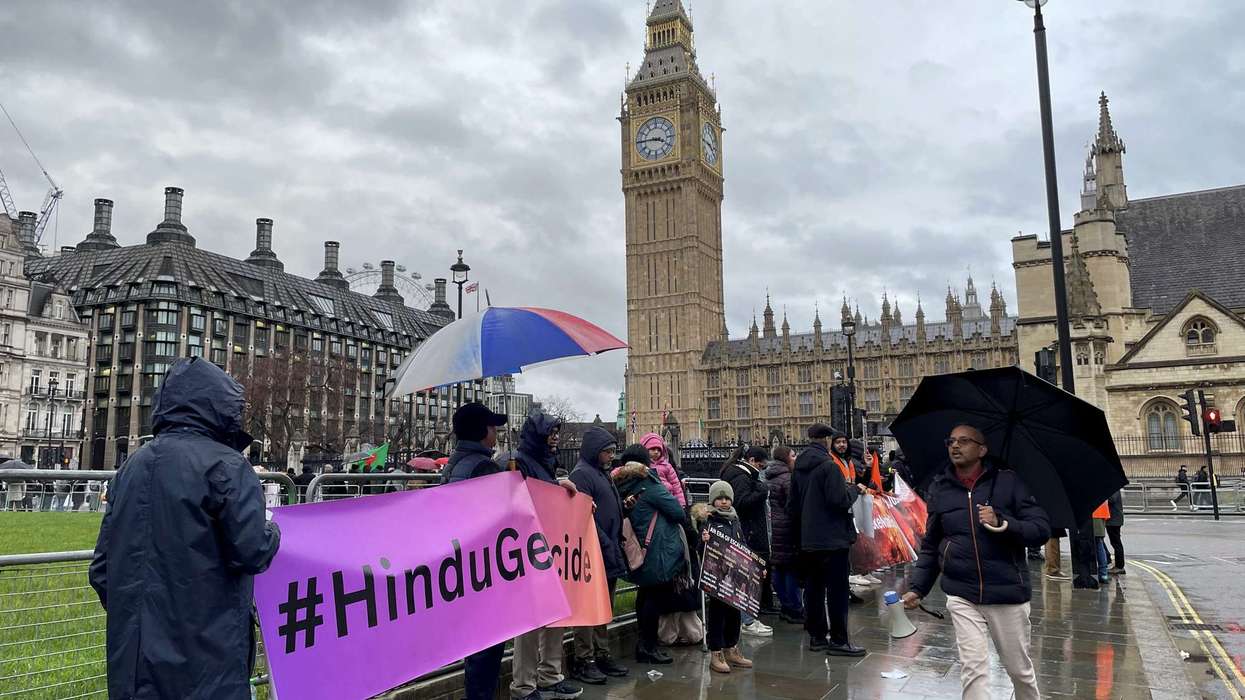THE Royal Navy monitored a Russian warship sailing near British waters, releasing images of the operation.
The corvette Boikiy was tracked for three days by HMS Somerset as it passed through the English Channel and North Sea, escorting the merchant vessel Baltic Leader on its return journey from Syria to Russia. The monitoring operation was supported by patrol aircraft and NATO forces, the Royal Navy said.
The operation began on Saturday when the Russian warship headed south to meet the merchant vessel and escort it back to Russia. HMS Somerset, a Type 23 frigate, used radar to track movements, while a Merlin helicopter was deployed to gather intelligence.
The Times reported that the Baltic Leader was transporting military hardware from the Russian naval base in Tartus, Syria. Crew members on the Boikiy were seen burning papers and manning the ship’s machine guns.
BBC Verify analysed satellite imagery showing the Baltic Leader docked in Tartus on 1 February. At the time, its publicly available tracker was turned off, according to MarineTraffic.
The ship's owner, MG-Flot LLC, was sanctioned by the UK government for alleged involvement in destabilising Ukraine. It was also sanctioned by the US in 2022 due to its links with Russian lender Promsvyazbank.
HMS Somerset’s commanding officer, Cdr Joel Roberts, said: "Somerset is well-versed in the escort of Russian ships, having conducted these operations on a number of occasions."
This was the second time in 2024 that HMS Somerset tracked Russian activity near the British coast, the BBC reported.
The operation follows a similar navy monitoring mission two weeks earlier involving five ships sailing from Syria to a Russian Baltic port.
In January, defence secretary John Healey told MPs that a Russian spy ship, Yantar, had been monitored near UK waters. He accused Russia of increased intelligence-gathering activity, a claim denied by the Russian embassy in London.
